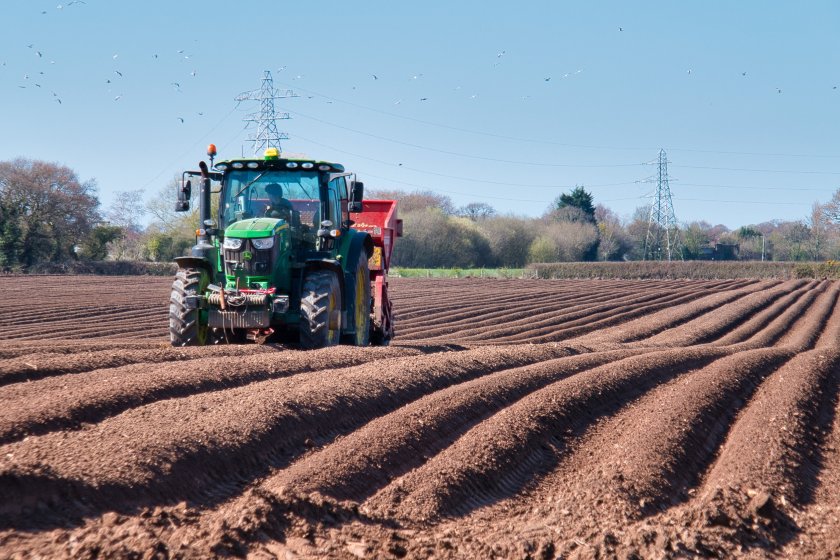
Food security is a public good and should be 'a central tenet' of the government's plans for England’s land, a cross-party group of MPs say.
The Environmental Audit Committee has warned the government not to squander its opportunity to enshrine food security in its eagerly awaited Land Use Framework.
The framework is intended to set out plans for agriculture, the environment and net zero, helping to guide farmers on how they can contribute towards the UK’s goals.
The committee's report calls for the government to prioritise publishing its plans, which is expected to be released later this month or into next year.
MPs argue that the framework must set out how land will balance producing food in a sustainable way that supports a resilient food system, while also responding to environmental change.
For example, extreme weather in the UK last year made it harder for crops like broccoli or cauliflower to grow, while cereals and oilseed rape thrived.
Where feasible, the committee recommends that land should be shared between competing uses, including food production, carbon sequestration, restoring nature and growing energy crops.
MPs also concludes that Environmental Land Management schemes, which pay farmers to help deliver environmental goals, represent a “critical lever” in incentivising a shift towards food security, and offer the government “an opportunity that must not be missed”.
The committee argues that the government should not take for granted that food security is a public good, given the profound implications that a decline in food security can have across society.
It recommends to designate food security as a public good and make food security a more explicit consideration in its design of ELMs.
Last week, the government announced 34 new Landscape Recovery projects – a form of ELM scheme - across England.
However, its announcement made no mention of food security, nor did it announce the publication of the Land Use Framework.
Environmental Audit Committee Chair, Philip Dunne MP, said: "It is clear to the committee that food security must be a central tenet: delivering this promptly could make a critical difference in transforming the government’s ambition for food into reality.
“The government must make clear how and when it will establish common standards for sustainability metrics. Without these, the agricultural sector will be unable to plan for the future."
He added: “Food security is clearly a public good and should become an explicit goal of the Environmental Land Management Schemes to incentivise farmers to champion a sustainable food system.
"Food security cannot be an optional extra; the government must give the sector the leadership it needs, or risk holding back the UK’s clear potential to deliver a resilient and secure food system.”
